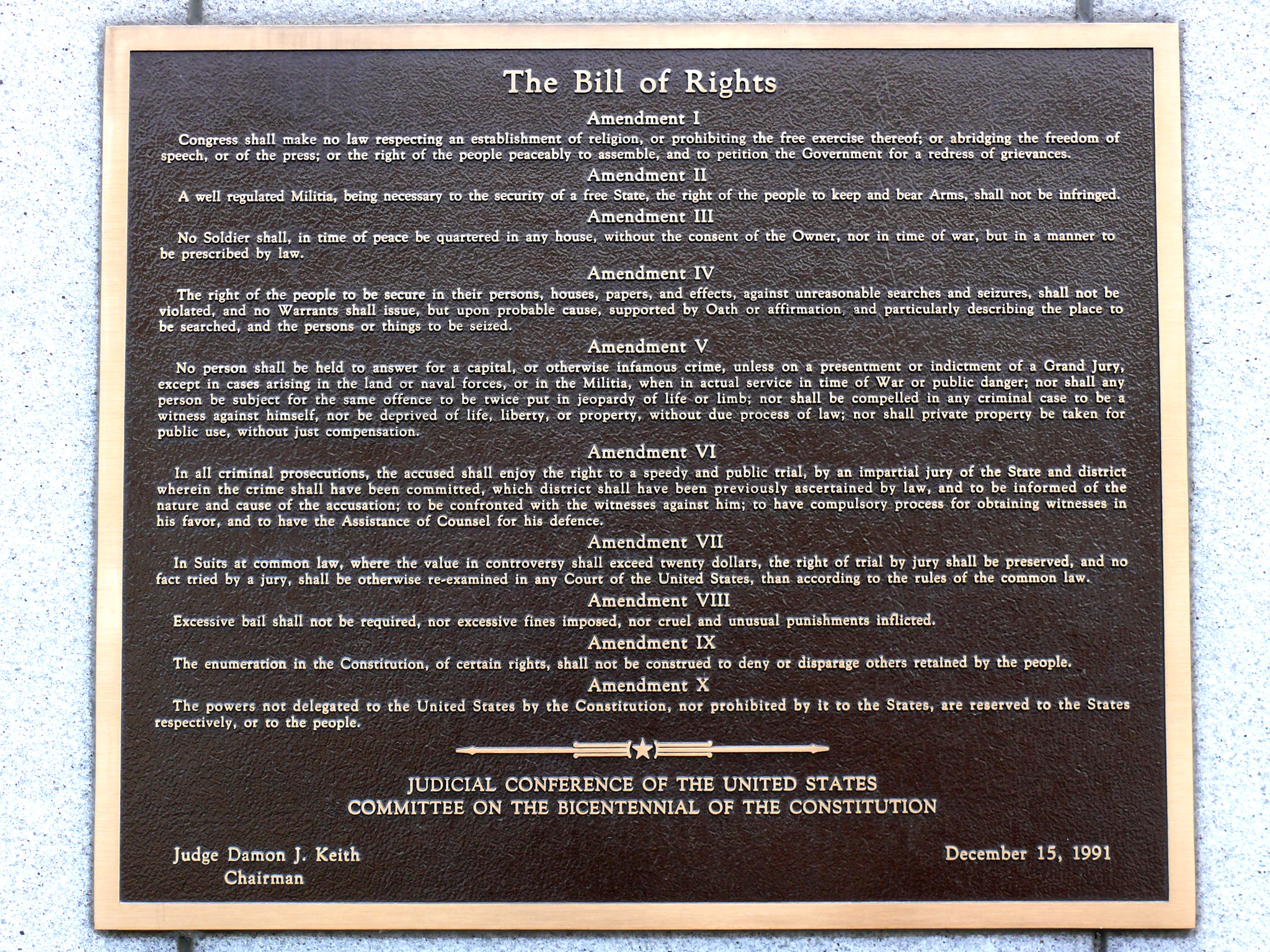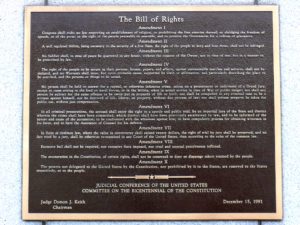
Advocates of empire and interventionism are saying that even given the debacle in Afghanistan, America should not “retreat” from the world. Even though our nation has lost “credibility” in the world, they say, it is imperative that the United States continue to project power and influence around the world. To do otherwise, they say, would create a “vacuum” into which would flow Russia, China, Iran, the terrorists, or some other adversary, opponent, or enemy. Some of them are even bringing up the dreaded I word — isolationism!

Licensed under Creative Commons.
One big problem here is that advocates of empire and interventionism often conflate the U.S. government and the United States. Actually, the federal government and the country are two separate and distinct entities.
This fact is borne out by the Bill of Rights, which expressly protects the country from the federal government. If the federal government and the country were one and the same thing, the Bill of Rights would be nonsensical.
Why is it important to keep this distinction in mind? Because it holds a key to the liberty and well-being of our nation going forward in the wake of the Afghanistan debacle.
Two of the founding principles on which our nation was founded were non-interventionism and a limited-government republic.
As John Quincy Adams pointed out in his Fourth of July Address to Congress in 1821, the U.S. government does not go abroad in search of monsters to destroy.
At the same time, the American people favored a very weak federal government — that is, one that lacked the military and financial capability of going abroad in search of monsters to destroy.
Those two concepts are what Americans should be aiming for going forward in the wake of the Afghanistan debacle — a foreign policy of non-interventionism and the restoration of a limited-government republic, one in which the federal government has very weak powers and capabilities.
Wouldn’t this mean that America would be “isolated” from the rest of the world?
On the contrary. Remember: the federal government and America are two separate and distinct entities.
Going forward, the American people — i.e., the country — should be liberated to interact freely with the people of the world. No more sanctions. No more embargoes. No more travel restrictions. No more trade restrictions. No more monetary restrictions. No more state-sponsored assassinations, kidnappings, and torture. No more restrictions of freedom of association with foreigners.
In other words, the federal government sector would be prohibited from intervening in the world with invasions, occupations, wars of aggression, coups, sanctions, embargoes, foreign aid, alliances with foreign regimes, and foreign military bases.
On the other hand, the private sector — the country — America — the American people — would be unleashed to travel, trade, spend money, engage in cultural exchanges, and associate with others.
In this way, the nation would become stronger, freer, and more prosperous while the governmental sector would become weaker — i.e., limited to protecting the United States from a foreign invasion, much like Switzerland’s government is.
Foreigners love Americans, especially our money. They just hate the U.S. government, with justification. Restoring liberty, prosperity, and harmony to our land necessarily entails recognizing that the federal government and our nation are two separate and distinct entities, the first of which needs to be weakened and restrained while the second of which needs to be unleashed and freed.
The post The U.S. Government vs. the United States appeared first on The Future of Freedom Foundation.
* This article was originally published here
HELP STOP THE SPREAD OF FAKE NEWS!
SHARE our articles and like our Facebook page and follow us on Twitter!



0 Comments